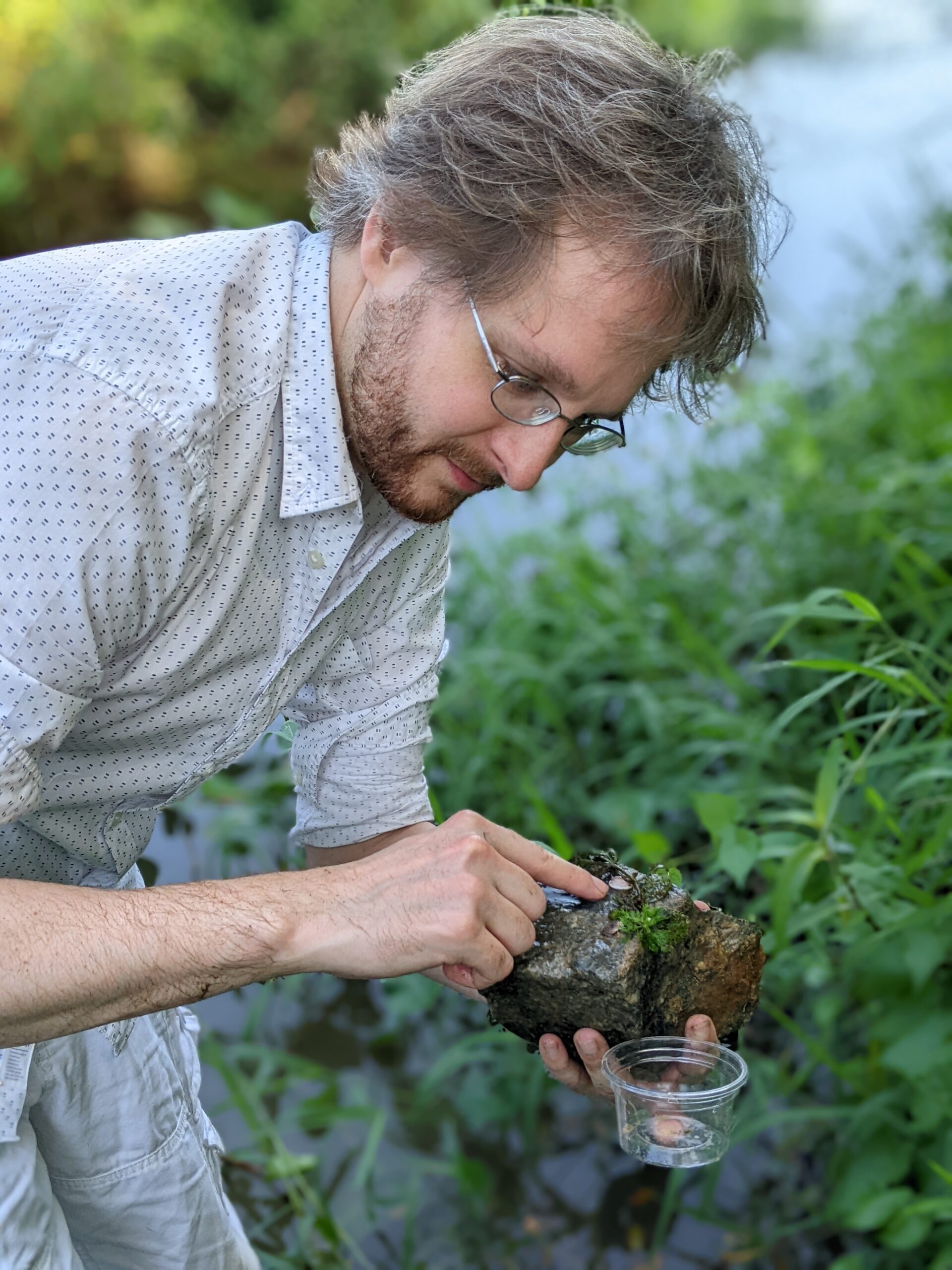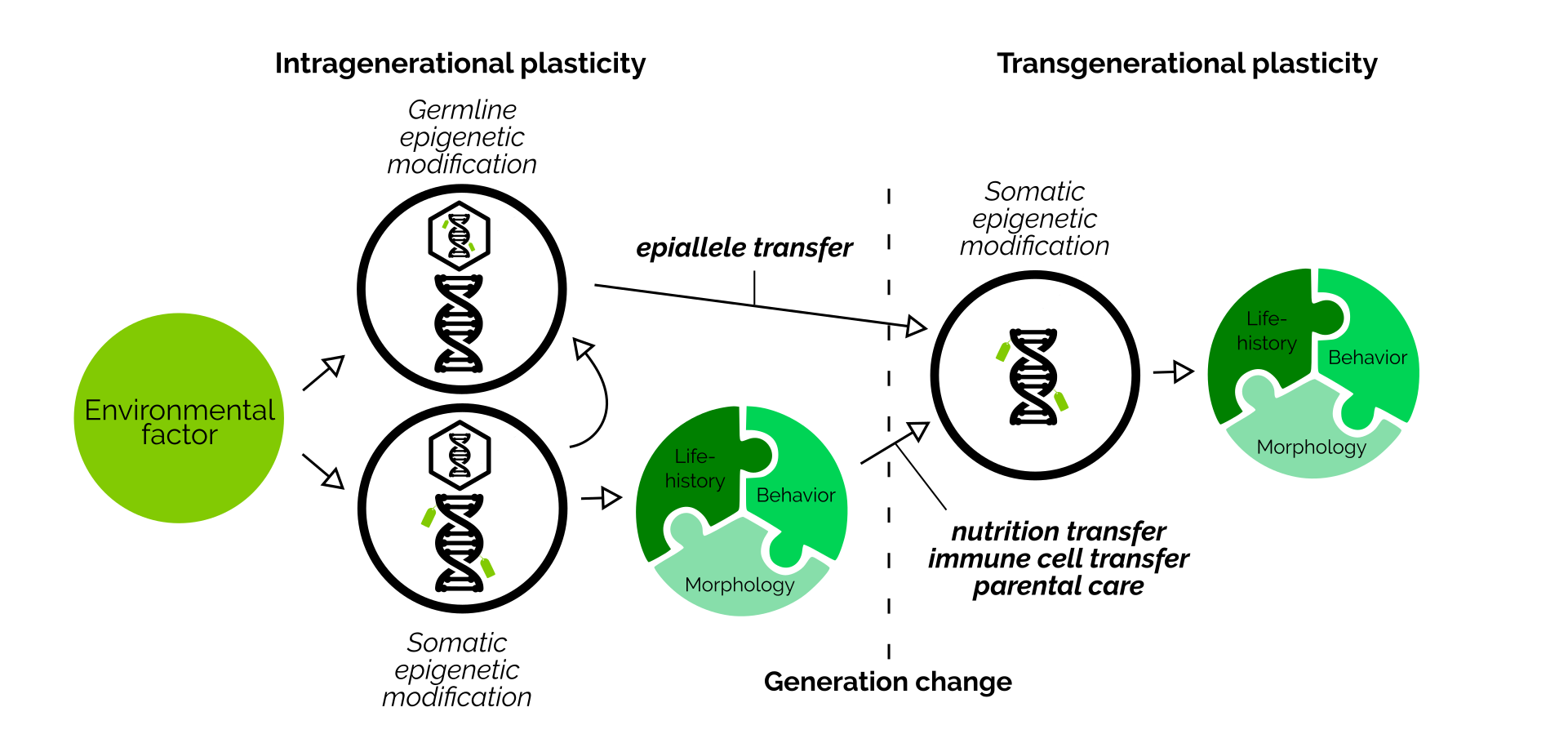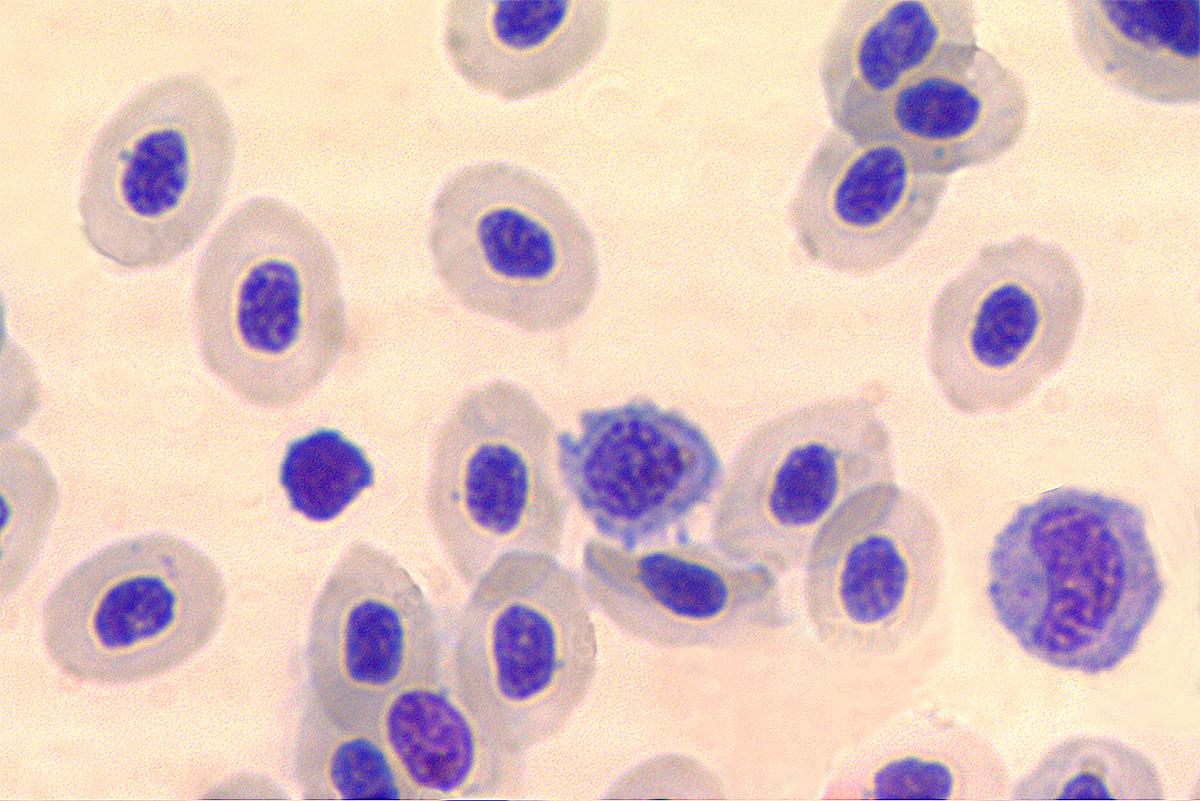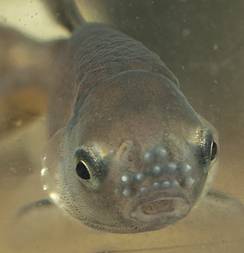Career column published in Nature
I’m happy to announce that my career column was recently published in Nature. In this article, I talk about my scientific career, the universities that I have worked in, my supervisors and my research topics. Furthermore, I highlight the challenges that lip-reading scientists like me face in the academic environment. In addition, I tried to […]









